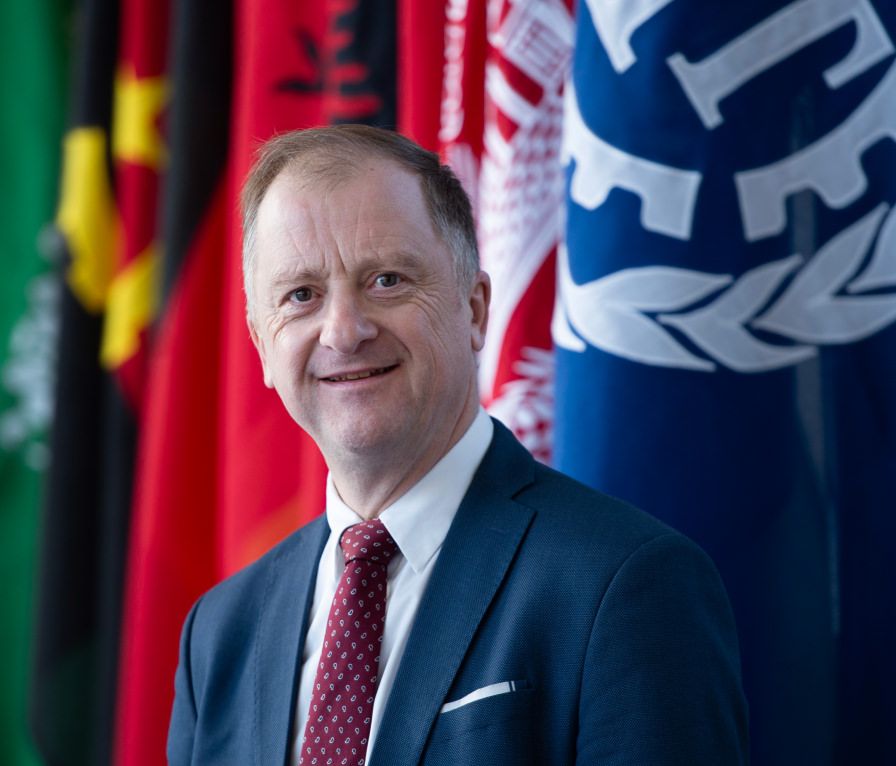An enduring commitment
The heart of our mission is rooted in the belief that universal peace can only flourish on the foundation of social justice.
This conviction has guided the ILO since its inception, propelling the organization toward the ultimate goal of improving labour conditions. Its initial pact, anchored in the principle of freedom of association, fostered a unique system of governance. It brought governments, employers, and workers together under one banner to tackle the issues that the ILO still works on today: unacceptable working conditions, widespread insecurity, deprivation, and industrial unrest. Tripartism, a novel concept in its day, swiftly became a time-tested approach, bringing us closer to the realization of social justice.
Development cooperation is a key means of action that helps to improve peoples’ livelihoods and produce decent and productive jobs. Investing in the ILO is not only a strategic decision but also a commitment to fostering equitable societies and sustainable development.




